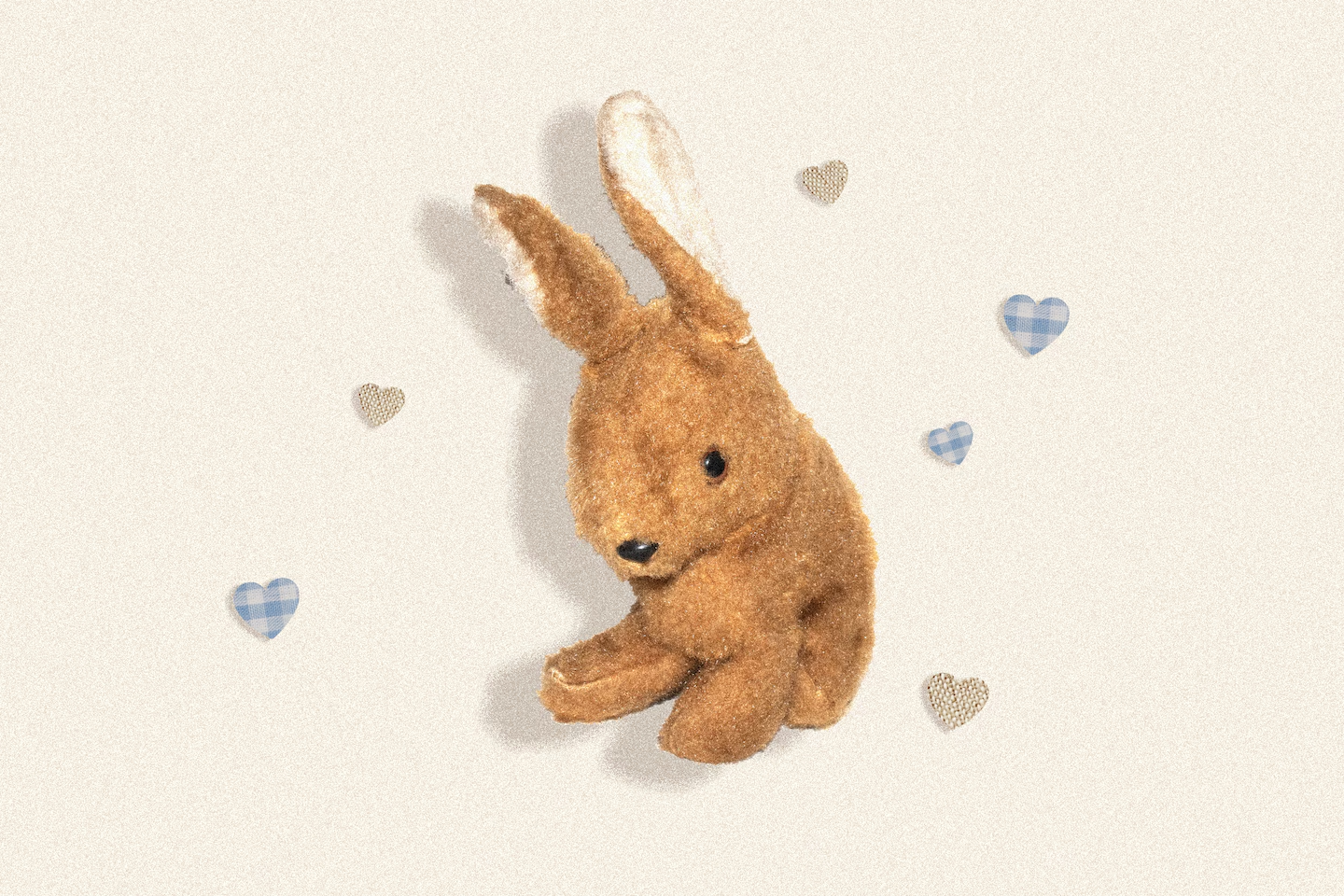Many of those beloved comfort items were lost to the catastrophic floods that swept through Central Texas in the predawn hours of July 4, as the terrified children at Camp Mystic rushed to evacuate their inundated cabins. Among at least 120 people killed in the flash floods, at least 27 were campers and counselors at Camp Mystic. Three dozen of those who died in Kerr County were children, authorities confirmed Thursday.
In the midst of such staggering loss, one all-volunteer nonprofit organization, Lost Stuffy Project, is trying to bring every small measure of comfort possible to families affected by the flood — by replacing the treasured stuffed animals, blankets and other comfort items that were carried away by the raging Guadalupe River.
The first request came from the parents of one of Camp Mystic’s youngest campers, the little girl who brought Ruff Ruff, the stuffed dog. She was evacuated from camp by helicopter, says Randi Jaffe, the founder of Lost Stuffy Project. When the girl left her cabin, she was clutching the dog, but somewhere in the chaos that followed, Ruff Ruff was lost. The girl’s mom later contacted Lost Stuffy Project, asking if there was any way they could help.
“She’s had that stuffed animal since she was a baby — her whole life,” Jaffe says of the child. “Her mom said that losing it was devastating for her.”
So Lost Stuffy Project went to work: They posted a photograph of Ruff Ruff to their Instagram, where more than 33,000 followers were ready to help. The group included the brand (Gund) and name (Muttsy) of the dog, and bands of internet sleuths immediately set out to track down a replacement. They succeeded, Jaffe says, within about 10 minutes: “We were able to return the dog to the family in under two days.”
The Texas flood is the second environmental catastrophe that the nonprofit has been involved with: Jaffe, a certified child life specialist and a mom of 8- and 4-year-old children in New Jersey, founded Lost Stuffy Project in the aftermath of the deadly wildfires that tore through the Palisades and Eaton neighborhoods of Los Angeles in January.
“I have worked with kids and families in horrific situations for about 15 years, and when the wildfires happened, I was just devastated — I found myself not being able to sleep,” Jaffe says. “I was thinking: What would I grab if my house was on fire?” She kept returning to the idea of a child’s most treasured comfort item, the blankies and stuffies that they can’t fall asleep without. “I thought, I don’t know how I’m going to do this, but let me see if there’s a way to connect with families and see what things they’ve lost, and if we can replace them,” she says.
The grassroots effort quickly drew thousands of online followers, and now that growing community has turned their gaze to the aftermath of the destruction in Texas. So far, Jaffe says, more than 15 requests have come in from families — most associated with Camp Mystic and some from Camp La Junta, an all-boys camp also located in Kerr County — with more inquiries arriving daily.
Lost Stuffy Project found a replacement for the pink poodle blanket (“Our daughter [has had it] since birth,” the girl’s mother wrote to the organization, “it’s the thing she misses most.”) They replaced a pastel-colored rabbit with floppy ears, a soft white sheep and an Alf doll. The organization has also shared photos of stuffed animals found by volunteers on the ground after the floodwaters receded: A mud-encrusted lamb with striped legs; a battered, waterlogged brown horse (“Let’s try to get it back to its owner,” the group wrote in the caption. No luck yet, Jaffe says, but they’re not giving up.)
For the first time, the group has also received several heartbreaking requests on behalf of grieving parents. A friend of one bereaved family shared that a 9-year-old girl had brought a treasured stuffed Jellycat-brand monkey with her to Camp Mystic, and her parents wanted it back — or one just like it — to place atop her casket at her funeral.
Because a child’s favorite stuffed animal is often a number of years old, it can be challenging to find brand-new replacements, says Amanda Shankin, chief operating officer of Lost Stuffy Project. In those instances, Shankin says, the best chance is finding someone who personally owns the same toy — “somebody might very selflessly be willing to part with it for a child who needs it,” she says.
The group posted a photograph of the lost monkey, and “within a couple of hours there were several people who said: I have this monkey.” The exact replacement was overnighted to the family, she says.
The group aims to find the best-possible replacement, Shankin says. New is ideal, but often impossible. In cases where the only options are well-worn replacements, they’ll go to extra lengths to give the stuffed critter new life: They work with a volunteer in Michigan who does “a stuffy rehab,” Shankin says. “She does a deep cleaning, replaces the insides, sews any holes — just does a full makeover before it’s returned to the family. She’s been incredible.”
The community that has developed around the project is a fiercely committed one, Jaffe says; they find great meaning in these small, communal acts of kindness. “People feel so passionate about it, because if you’re a mom, or you have a kid, or you were a kid, you know how important these comfort items are,” Shankin says. “I’m 40 years old, and I still have my teddy bear from growing up.”
The group’s efforts also offer people a tangible way to help, even if they don’t have much money or time to spare. “If you can just send us a link, or tips on how to find a stuffy, that makes such a difference in a family’s life,” Shankin says.
Now, Jaffe says, they want to let the Central Texas community know that they’re here, and ready to be of help. The group has been raising funds to support the community in other ways, as well — including providing gift cards to families, fulfilling Amazon wish lists for area schools and replacing lost iPads for an organization for developmentally disabled children who rely on the devices.
“It’s overwhelming and it’s unfathomable that this happened,” Jaffe says. “We just feel so grateful to be in this position to give people any sense of peace, or a tiny bit of comfort.”
Ever since Ruff Ruff’s replacement was delivered to the waiting little girl, she can’t go to sleep without it, her mother told Jaffe. “It meant the world,” Jaffe says. “Not just to her daughter, but to their family.”



